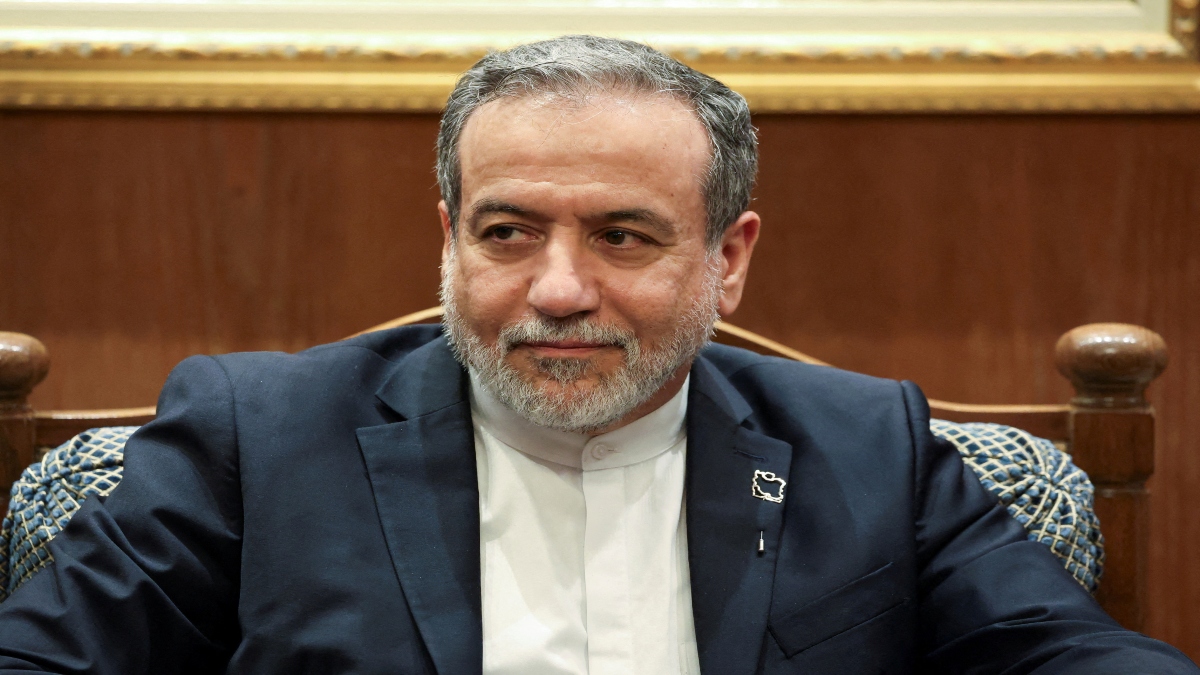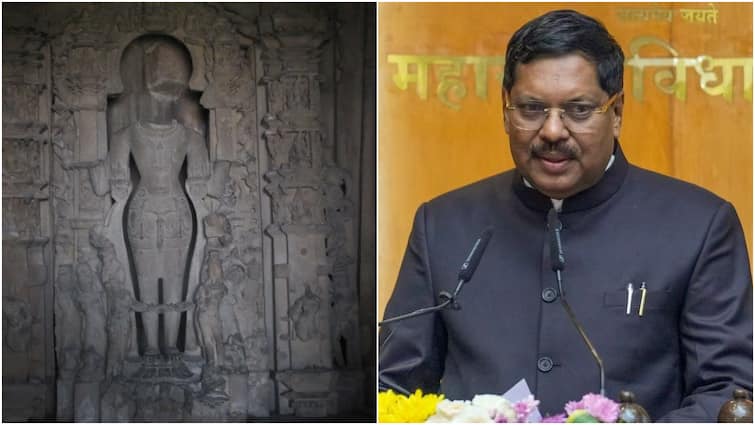Iranian and European ministers on Wednesday made little progress during talks aimed at preventing the reimposition of international sanctions on Tehran over its nuclear programme, according to a report, citing two European and one Iranian diplomat
Iranian and European ministers on Wednesday made little progress during talks aimed at preventing the reimposition of international sanctions on Tehran over its nuclear programme, according to a Reuters report, citing two European and one Iranian diplomat.
The meeting came amid a 30-day countdown initiated by Britain, France, and Germany — collectively known as the E3 — at the end of August. The process, tied to the UN’s “snapback mechanism,” could see sanctions reinstated unless Tehran meets specific conditions by the end of September.
According to the report, the E3 has offered to extend the mechanism for up to six months to allow space for negotiations, but only if Iran restores access for UN nuclear inspectors and engages in dialogue with the United States.
Inspectors are also seeking clarity on Iran’s stockpile of enriched uranium — the status of which has remained unclear since Israeli and US strikes targeted Iranian nuclear facilities in June, added the report.
Wednesday’s high-level call between the E3 foreign ministers, the EU foreign policy chief, and Iran’s foreign minister followed a recent agreement between Tehran and the International Atomic Energy Agency (IAEA) to resume cooperation, including inspections in principle.
However, Western diplomats have expressed doubt over the deal’s effectiveness, arguing it lacks detail, provides no enforcement timeline, and may allow Iran to delay compliance, reported Reuters.
There has also been no clear sign that Tehran is willing to resume direct talks with Washington. Iran, for its part, has said it is still refining how it will work with the IAEA.
Germany’s foreign ministry spokesperson said on X after the call on Wednesday that the E3 had “underscored that Iran has yet to take the reasonable and precise actions necessary to reach an extension of resolution 2231”, adding on X that sanctions would be reimposed “absent concrete actions in the coming days”.
The reimposed sanctions would hit Iran’s financial, banking, hydrocarbons and defence sectors.
According to Reuters, four European diplomats and an Iranian official said prior to the call that the most likely scenario would be that the E3 would go ahead with the reimposition of sanctions. Two of the diplomats also said that even with a last-minute agreement, it was unlikely Washington would support it.
An Iran diplomat said Tehran had reiterated in Wednesday’s call that Iran would take measures in response if the decision to restore U.N. sanctions was made.
“The understanding in Tehran is that the UN sanctions will be reimposed. That is why Tehran refuses to give concessions,” Reuters quoted an Iranian official as saying.
The West says the advancement of Iran’s nuclear programme goes beyond civilian needs, while Tehran says it wants nuclear energy only for peaceful purposes.
With inputs from agencies
End of Article

)

